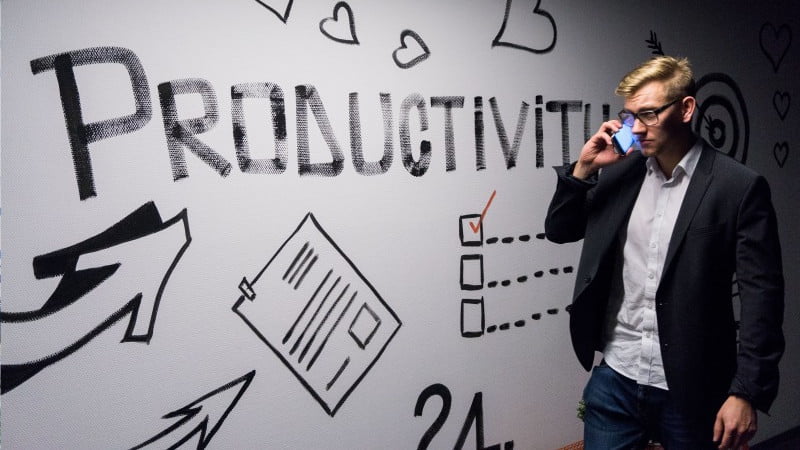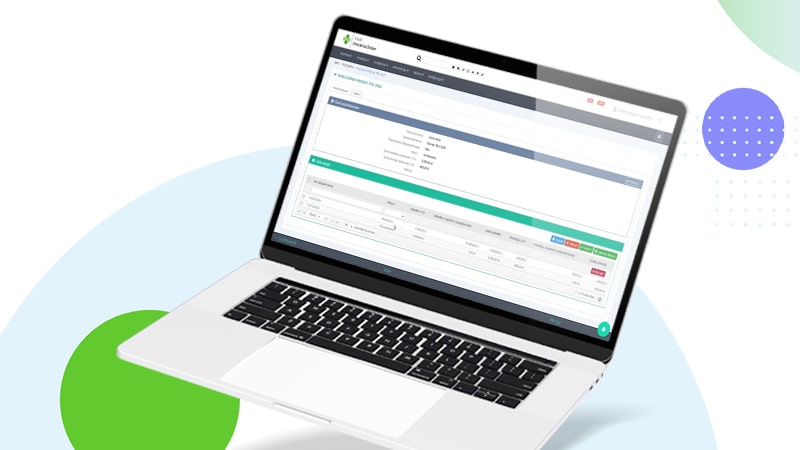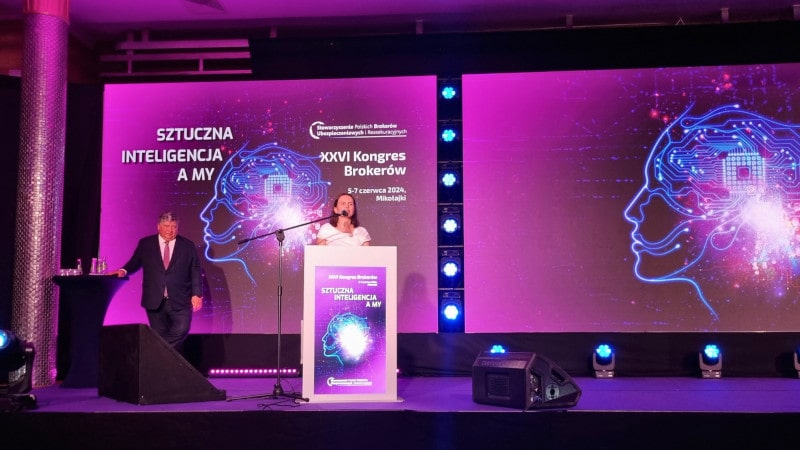When we hear the “productivity” slogan, our first association should be the name of David Allen, an American specialist in this field, born in 1945, creator of the ‘Getting Things Done’ method of time management. Why? Because it is one of the simplest and most effective techniques for dealing with a multitude of tasks to do.
The fashion for being more and more productive in the last few years is taking its toll. We often forget, however, that the simplest solutions are the best. Trying to meet all the requirements, we fall into the vortex of improving our work organization and – in order not to forget – take notes in many places – in our calendar, on our smartphone, with sticky notes attached to the monitor… turning it all into chaos, and our productivity is steadily declining. Fortunately, nearly 20 years ago, David Allen developed the art of stress-free efficient method that can be summarized in four points.
- Have one global to-do list. Organizing many to-do lists in many scattered places (on a piece of paper, in your e-mails, in a notebook, in an e-mail program, etc.) does not allow you to create one queue of tasks that can be arranged according to the current priorities.
- If the task takes less than 2 minutes to complete, do it right away. Postponing small activities means that the time spent on them will be a great deal longer – the reasons for this are changes in contexts or the need to re-implement the topic. Also, don’t forget that managing your “swollen” to-do list takes more precious minutes.
- Delegate put it off or do it. Put each of the tasks in one of these categories. Thanks to this, you will prioritize your own work and decide which activities on the list may be performed faster and better by another member of your team.
- Nurture and periodically review your to-do list. We are unable to predict or that we have no influence on situations, so it is worth returning to the list to verify and possibly change priorities, remove tasks that have become obsolete or control the progress of their implementation.
Trying to be more productive is a process, so don’t expect to see changes on the very first day. However, if you show discipline and systematically implement the above rules, you can be sure that in the future:
- you will not forget about anything important,
- you will learn to effectively manage priorities in your work, and thus – you will forget the feeling of being overwhelmed with an excess of duties,
- you will be able to measure your effectiveness and make further improvements.
You already know what you need to do to improve your productivity. Now you just need to choose a tool that will allow you to keep all your tasks in one place. VIB users are strongly encouraged to try out a tool supporting the above-mentioned practices – the Tasks module.



